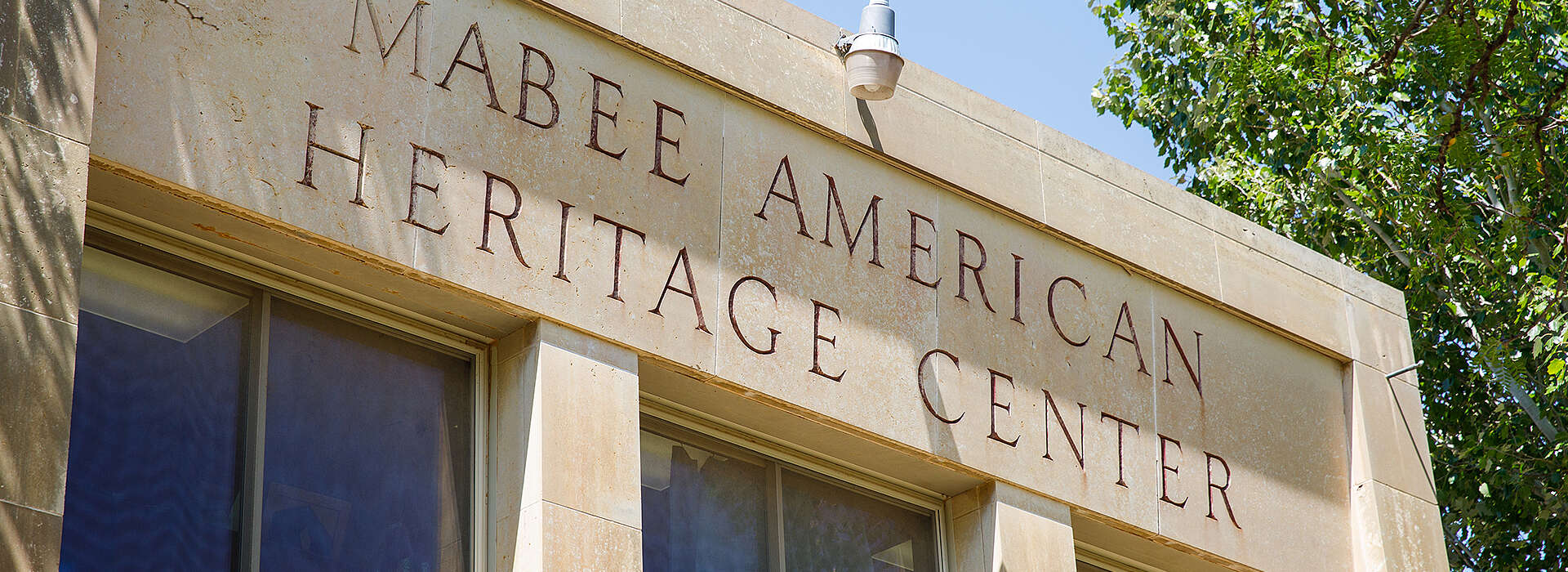
Spanish Education

Spanish Education
Bachelor of Arts in Spanish Education
Do you want to be a teacher? Are you passionate about Spanish? Do you want to help future generations become bilingual? If so, the Bachelor of Arts in Spanish Education might be for you.
No matter where you are in your career (beginning language learner, intermediate student, or native speaker), LCU can help you obtain your LOTE-Spanish EC-12 teacher certification.
Through the course of your studies, you will have exciting opportunities, such as:
Lubbock Christian University offers a comprehensive Bachelor's Degree in Spanish Education.
Spanish Minor
From medicine and education to ministry and business, the Spanish minor can make you more competitive in today’s job market by helping you communicate your ideas professionally in Spanish. The Spanish minor consists of 20 credit hours.
Depending on your previous experience with the Spanish language, you may be able to obtain up to 12 credit hours via CLEP examination, which can reduce the number of required classes for the minor. Students may also be able to take some of these courses at our center in Avila, Spain.
Our mission is to equip you for successful work in multicultural and multilingual settings. The minor is housed in the Honors College, and requires 18 hours of coursework, including the following:
Note: Up to six hours of language-related coursework from other disciplines can count towards the linguistics minor with the approval of the linguistics minor coordinator.
This course introduces you to principles of language and linguistic analysis. Learn about the major subfields of linguistics, including phonetics, phonology, morphology, syntax, semantics, sociolinguistics, historical linguistics, and language acquisition. The course is helpful for those who want to evaluate spoken or written language data, learn and/or document another language, or pursue further studies in linguistics.
This course introduces you to the speech sounds in human language, including their production, classification, and organization. Learn to recognize and transcribe sounds using the International Phonetic Alphabet as well as analyze the patterns for speech sound distribution in various languages.
In this course, you will be introduced to grammatical analyses of language with a focus on word formation (morphology) and sentence structure (syntax). Learn to classify words, identify inflectional and derivational morphemes, and apply various patterns of word formation. In addition, you will learn to describe constituent structure, identify syntactic categories, and apply phrase structure rules and other syntactic tools in cross-linguistic data analyses.
Sociolinguistics introduces you to the study of language in the social and cultural context. Explore such topics as linguistic variation, regional and social dialects, the effect of culture on language, gender differences in language use, bilingualism, code-switching, and other linguistic phenomena in situations where multiple languages and cultures are in contact.
In this course, you will learn the structure of the second language acquisition process for adult learners and the internal and external factors associated with this process. In addition, explore the distinct but related process of second culture acquisition with the goal of identifying and applying optimal practices for both successful language and culture acquisition.
This course introduces students to various interdisciplinary topics in theoretical and applied linguistics in order to broaden your knowledge and skills related to language study in multiple disciplines. Some of the topics include: gender and language, bilingualism in the U.S., first and second language acquisition, second language and ESL teaching methods, language and the brain, language and writing, conversational storytelling, forensic linguistics, psycholinguistics, historical linguistics, semantics, pragmatics, computational linguistics, and other language-related topics with a strong multicultural component.
Spanish Education Resources
Why LCU?
“LCU has been the best choice in regards to my education. The professors build a close relationship with you and provide a great academic environment as well as valued life lessons, especially in Spanish Education. This program has opened my eyes to a whole new world of cultures and traditions while I enjoy learning the Spanish language.”
- Mirella Rodriguez
Spanish Major / Education Minor
Boasting more than 500 million speakers in over 36 countries, the Spanish language shapes major decisions around the world every day. In the U.S. alone, the government estimates that 30% of the population will be Hispanic by 2050, making Español particularly relevant in the field of education.
The Bachelor of Arts in Spanish Education provides an excellent platform for future success. At the end of their studies, our students are well prepared not only for the job market but also for the rigors of Graduate School.
See Degree Plan Details!
Visit the University Catalog here to view all Spanish education degree plans and other LCU degree plans.